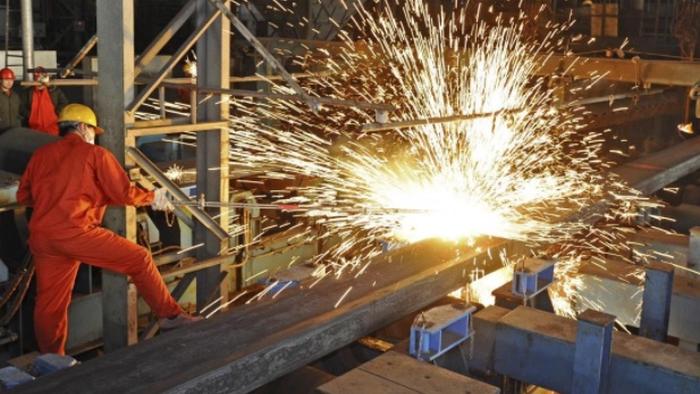Beijing Lays Out Strategy For Curbing 'Unreasonably High' Commodity Prices
With US stock futures set to open in the red as commodities continue to slide following their worst weekly performance in months, another top Chinese official - this time, featuring Premier Li Keqiang, one of the most powerful politicians in the country - is speaking out against high commodity prices, and warning that Beijing will take concrete steps to blunt the biggest threat to its economic recovery.
During a meeting of the State Council last week, policymakers agreed to step up coordination between monetary policy and other policies to "maintain stable economic operations" by cracking down on surging commodity prices. The news sent prices of Chinese stocks sliding, dragged lower by sliding materials stocks.
But thanks to the involvement of Premier Li, this latest round of talks carries even more heft.
As we noted at the time, policy makers' were notable light on details - though we also noted that we were confident that the centrally-planned surveillance state can do literally anything it wants or needs, to achieve its goals.
But on Wednesday, policy makers discussed more concrete steps to deflate the commodity boom, as Chinese state media broadcast details from the latest State Council meeting, which was chaired by Premier Li. According to China's CCTV, the committee focused on strategies for curbing "unreasonable" commodity prices, with the goal of ensuring that they are not passed on to consumers.
To accomplish this, the cabinet said it would step up stockpiling of commodities to ensure adequate supplies while stepping up exports and imports, with tougher market oversight on spot and - more importantly, for the market - futures to crack down on speculation and hoarding, while cracking down on any "abnormal transactions". Monetary policy should be kept stable, while the yuan exchange rate should be kept steady at "an appropriate equilibrium level", the report added.
The State Council's China's National Development and Reform Commission focused mainly on steel and iron ore, saying they would increase monitoring and adopt new safeguards to ensure stability in markets for iron ore and steel.
Coal producers were urged to boost production to meet higher demand this summer, a move that seems at odds with Beijing's climate commitments from President Biden's virtual climate summit last month.
How can China accomplish this? Well, as one of the world's most controlled economies, the Chinese State has tremendous power to manipulate the economy. As we have explained, as goes China's credit impulse, so goes the world. China's top banking regulators can snap their fingers, and credit growth can be blunted.
At any rate, foreign steelmaker stocks appeared to react to the news, with shares of ArcelorMittal, Evraz and Salzgitter sliding, which Bloomberg attributed to China's steelmaking hub of Tangshan tightened output curbs on pollution.
China's economy expanded at a staggering rate of more than 18% in Q1, its fastest growth rate in history. But the hot print still wasn't enough to impress domestic markets, as Chinese stocks tumbled on the news. Beijing has set a relatively flexible GDP growth target of "over 6%" for the year. Tyler Durden Wed, 05/19/2021 - 14:44
http://dlvr.it/S00C1G

No comments:
Post a Comment